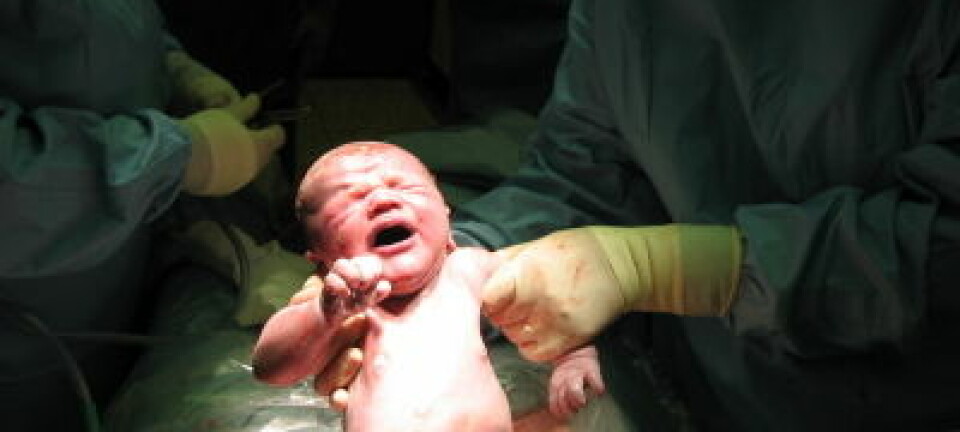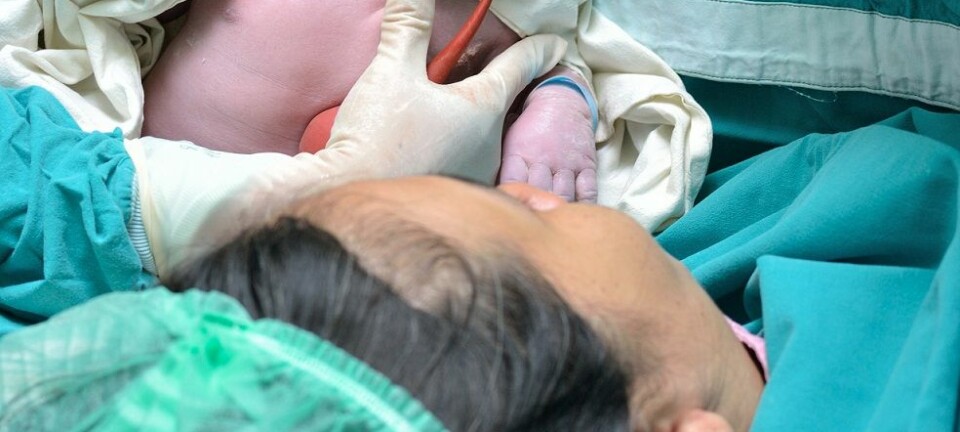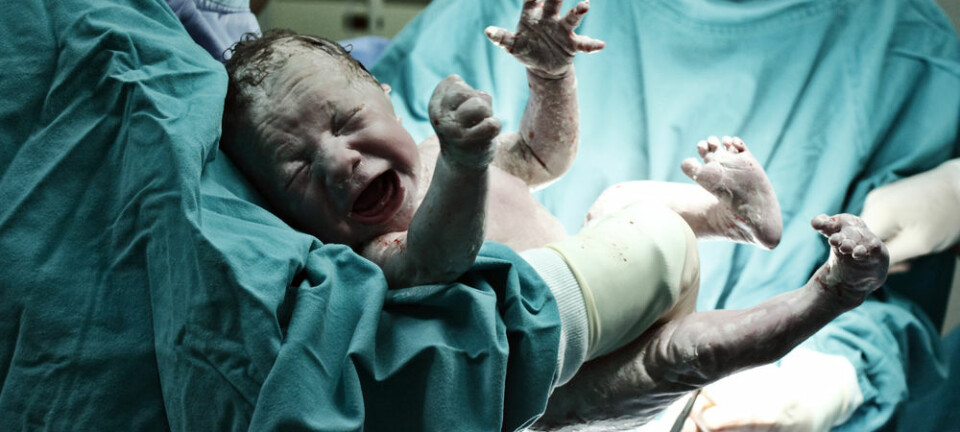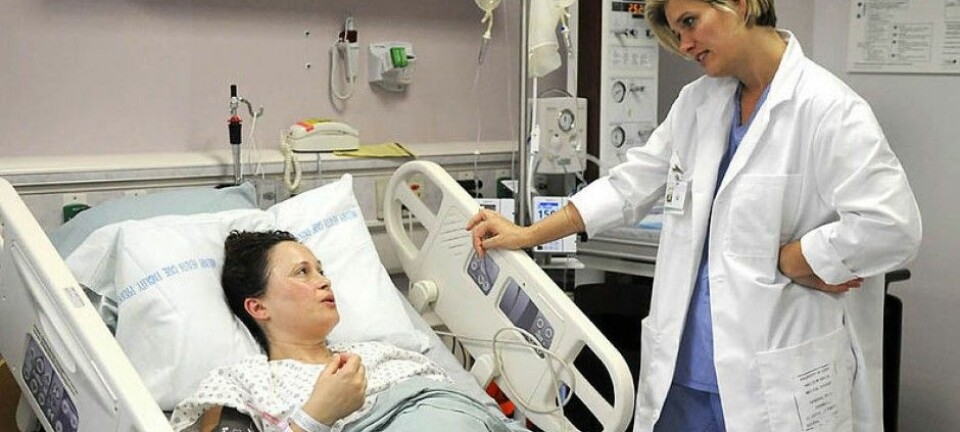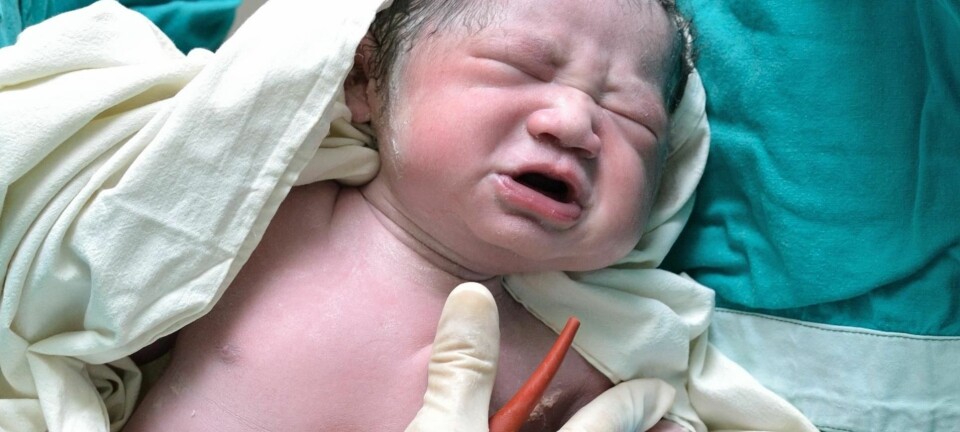
C-sections can cause complications for surgery later in life
Study highlights the unforeseen and long-term effects for women’s health.
A new study shows that a C-section can lead to complications should you find yourself back on the operation table later in life.
Surgical complications cover a range of things that can go wrong during an operation. For example, damage to organs, infection, the need to re-operate, or bleeding during the operation.
According to Sofie Lindquist, lead-author of the new study and doctor at Aalborg University Hospital, Denmark, the implications of the new study are clear.
“A C-section should not happen unless the mother or child has an increased risk from a normal vaginal birth,” says Lindquist.
Øjvind Lidegaard, a research scientist in the gynaecological clinic at the Department of Clinical Medicine, University of Copenhagen.
“Considering the long-term perspectives, this study emphasises that there needs to be a medical reason before a C-section is performed,” he says.
The study is published in the Journal of American medical Association (JAMA).
An “overlooked problem”
According to Associate Professor Charlotte Overgaard from the Department of Medicine and Public Health Technology at Aalborg University, the long-term consequences of caesareans are an “overlooked problem.”
“Many studies focus on the consequences of a C-sections for a later pregnancy, but little knowledge exists on the long-term consequences in a broader perspective,” says Overgaard, who is co-author on the new study.
The study is also important because it is based on data that are normally difficult to obtain, says Lidegaard.
“It’s new knowledge and there’s only a few countries where it’s possible to follow women after having a caesarean for so many years, as they do here,” he says.
Data from 7,685 women
The scientists studied how having a C-section increases the risk of complications with subsequent surgery, such as a hysterectomy.
The study is based on data from a number of national registers in Denmark, which contain information on women who gave birth between January 1993 and December 2012, and who subsequently had a hysterectomy between January 1996 and December 2012.
In total, 7,685 women fulfilled these specific criteria. Of these women, 69 per cent had previously had a caesarean, 22 per cent had only one caesarean, and 9.4 per cent had two or more caesareans.
Out of these women, five per cent of them (338 women) experienced complications within 30 days of their hysterectomy. Forty per cent of these women had had a caesarean.
“They’re not dramatic numbers. But they are significantly higher,” says Overgaard.
Number of caesareans worsens the prognosis
The study also showed that 12 per cent of the women (938 of the 7,685 women) were affected by complications after or during their hysterectomy.
The scientists identified a 16 per cent increased risk of complications if the women had had one C-sections, or a 30 per cent risk after two or more C-sections, which also resulted in a 90 per cent increased risk of a blood transfusion during surgery.
Not enough focus on the long-term
The numbers bear witness to the unforeseen and long-term effects that can affect women for the rest of their lives or for many years after their C-section.
“If a women has a caesarean at the age of 30, and later needs an operation during her 40s or 50s, then the caesarean may have consequences in terms of how that operation goes,” says Overgaard.
This is why the study is so important, says Lindquist.
“Too few studies follow up with women who’ve had a C-section,” she says.
---------------------------
Read more in the Danish version of this story on Videnskab.dk
Translated by: Catherine Jex
